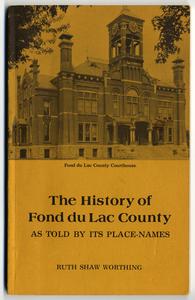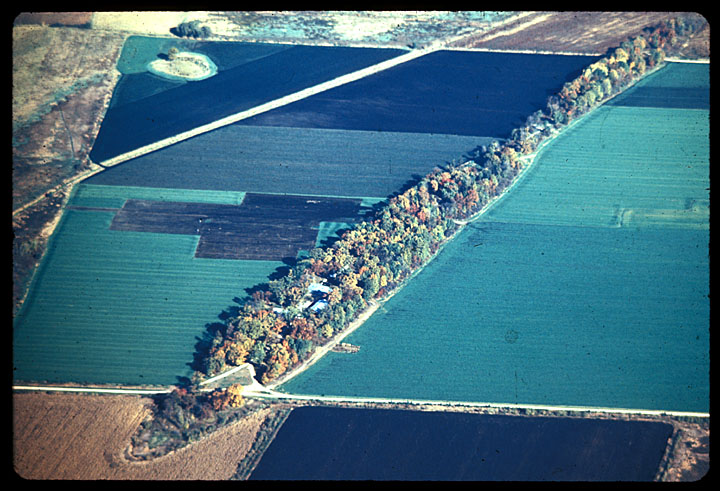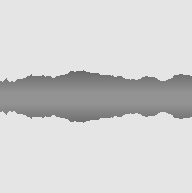This digital collection of thirteen published books provides access to early information about Fond du Lac County, Wisconsin. Content includes eight city and county directories dating from 1857-1904.
Early Fond du Lac County People and Places


This digital collection of thirteen published books provides access to early information about Fond du Lac County, Wisconsin. Content includes eight city and county directories dating from 1857-1904.
Objects related to the operation of the East Troy Electric Railroad such as fare boxes, uniforms and ticket stubs. The collection also includes 27 volumes of Rail and Wire, an employee newsletter published by the Milwaukee Electric Railway and Light Company (TMER&L) 1935-1937.
The Chippewa Valley Museum partnered with L. E. Phillips Memorial Library to provide access to its significant collection of photographs depicting life in Eau Claire and the surrounding area. Topics include logging, farming, sports, schools, retail stores, and parks.

Research in ecology and natural resources conducted by University of Wisconsin faculty and staff and unique or valuable resources in these fields held by the University of Wisconsin Libraries. Sub-collections include unpublished works from the UW-Madison Arboretum, Crandon Mine and Kennecott Flambeau Mine reports, the Geology of Wisconsin Survey of 1873-1883, USGS topographic maps, technical bulletins from the Wisconsin DNR, slides and recordings of lectures by plant ecologist Virginia M. Kline and Wisconsin Bordner Survey maps.
Edgerton Public Library’s digital collection showcases issues from the 1885-1886 Wisconsin Tobacco Reporter. This weekly newspaper was devoted to the interests of the state’s tobacco industry, one of Wisconsin’s earliest and most enduring specialty crops.
Higher learning on the site that is now Edgewood College in Madison, Wisconsin began as early as 1881 when the Sinsinawa Dominicans established a boarding school for girls and later a junior college. Many images in this collection were taken from Phoenix from the Fire: A History of Edgewood College by Mary Paynter OP, published as part of the college’s 75th jubilee celebration in 2002.
Civilian Conservation Corps Camp 657 was established in Elcho, Langlade County, Wisconsin in 1933. The digital collection includes photos of barracks and work activities taken by CCC recruits Edward Drab, Alois Fisher and Warren Schabell as well as ephemera collected by recruit Ken Eliot, including newsletters published by the camp, menus, badges and a federally-published handbook for CCC enrollees.

Eldon Murray was a prominent activist in the Milwaukee LGBT community. In addition to his work with the Gay Peoples Union (GPU) and the Milwaukee AIDS Project, Murray was the founder of SAGE/Milwaukee, the first organization in Wisconsin dedicated to serving the needs of older gay, lesbian, and bisexual people through community building and counseling services. The digital collection includes selections from the Eldon Murray Papers, including an extensive series of newspaper clippings from the 1940s to the 1970s, photographs, fiction and nonfiction writings, activist organization records, and a handful of publications.

This growing collection contains oral history interviews of Elkhart Lake residents, programs and minutes of the Elkhart Lake Study Club going back as far as 1938, and more. We will continue to add materials to this collection to aid independent research of Elkhart Lake history.

From the Matheson Memorial Library in Elkhorn, Wisconsin, this collection consists of oral history interviews that aim to record and preserve the stories and experiences of City of Elkhorn and Walworth County men and women for the education and enlightenment of future generations.